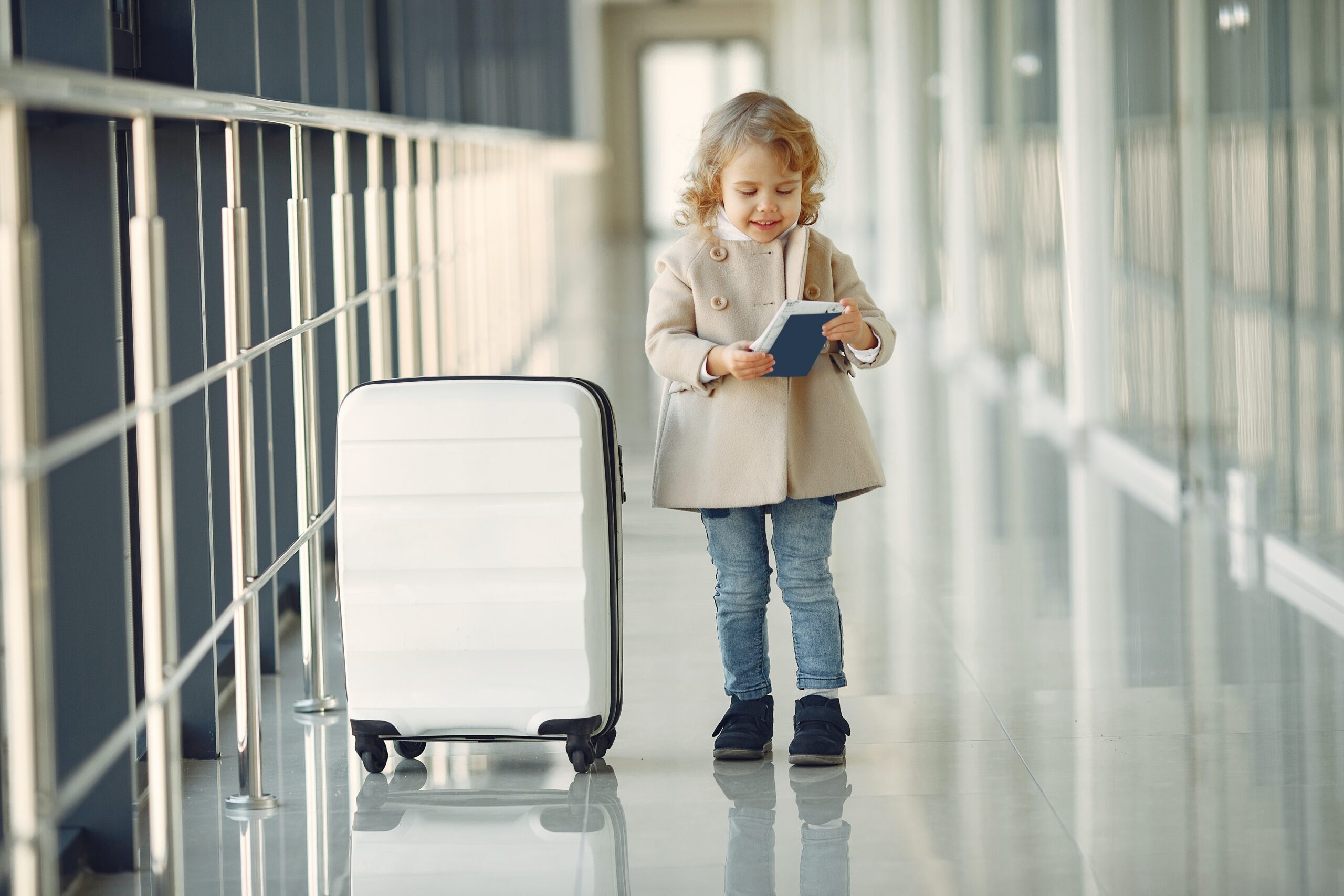Argentina
How can you prepare child relocation from or within Argentina? What if your child has been relocated to Argentina without your consent?
The Argentine Republic is a Contracting State of the 1980 Hague Convention on the Civil Aspects of International Child Abduction, which has been ratified by Law No. 23,857.
It has also ratified the Inter-American Convention on International Return of Minors of 1989, which has been ratified by almost all countries in South America, Central America, and the Caribbean. For these two conventions, the Argentine Republic has designated the Directorate General of Legal Affairs of the Ministry of Foreign Affairs, International Trade, and Worship as the central authority.
Additionally, through a bilateral agreement with the Oriental Republic of Uruguay, Argentina has signed the Argentine-Uruguayan Convention on International Protection of Minors, done in Montevideo on July 31, 1981, whose Central Authority is the Ministry of Justice.
The Central Authority of the Argentine Republic collaborates and carries out all necessary procedures to achieve the child’s return within the scope of its functions, but it does not decide on the return.
In the Argentine Republic, international child restitutions are resolved by the judges.
We will explain what that means for your options.
Country Reporter:
Daniel Mercado
Daniel runs his law firm in Buenos Aires, with a focus on family law, criminal law and related topics.
He is an author, speaker and a member of Reunite International.
Daniel has volunteered to keep this page about Argentina up to date.
Lawyers and mediators in Argentina
We provide a list of lawyers and mediators in Argentina who can assist you in drafting an international parenting plan, in preventing conflicts over the primary residence of the children, and in negotiating and litigating over the children in the event of relocation or child abduction.
Parental authority: Argentina

Authority
When the parents do not live together, the child’s personal care may be assumed by one parent or by both. (article 649 Civil and Commercial Code of Argentina)
At the request of one or both parents or ex officio, the judge must grant, as the first alternative, shared custody of the child with an undifferentiated modality, except when it is not possible or is detrimental to the child. (article 651 Civil and Commercial Code of Argentina)
En exceptional cases, unilateral personal care may be assigned, and it must ensure:
a) the priority of the parent who facilitates the right to maintain regular contact with the other;
b) the age of the child;
c) the child’s opinion;
d) maintaining the existing situation and respecting the child’s center of life.
The other parent has the right and duty to collaborate with the cohabitant.
(article 651 Civil and Commercial Code of Argentina)
After a divorce, parents in principle retain joint custody.
Traveling with children: Argentina
If you want to travel abroad with your child, the other parent has to authorize the departure from Argentina (article 645 inc. c) 649 Civil and Commercial Code of Argentina).
If there is no consent from the other parent, a judge can decide about this, considering the best interest of the family.
To be able to travel abroad with a child, you need to be able to show a Travel Permit that has been issued before a notary, a public authority with competence in the matter, or a court order authorizing the transfer to another country.

Child relocation: Argentina
Substitute permission
If a parent wants to move with the children and the other parent with custody refuses to give permission, the parent who wants to move can request permission from the court.
The courts consider the criterion of the best interests of the child to decide in these types of cases. They analyze the personal conditions of each parent, the future living conditions of the child, the family nucleus, their education, access to housing, health, and living in a healthy environment.
There is no uniform rule, and each case is analyzed individually, but always prioritizing the best interests of the child over the interests of the adults.
Child abduction: Argentina

Hague Convention
Argentina is a party to the Hague Convention on Child Abduction.
Government
The Central Authority is a first point of contact if you want your children to be returned. They will forward your request for the return of the children to the other parent to seek voluntary return. They will give the other parent ten days to respond. You are not obliged to contact the Central Authority first.
Court procedure
You will need legal representation to start return proceedings. You can apply for reduced rate legal assistance.
In Argentina there are no specialized courts for return applications. The procedure can take several months. This also applies to the Court of Appeal.
In practice however, the procedure can be excessively delayed, because Argentina’s legal system allows multiple appeals on the merits of the decision and/or on the manner in which decisions are enforced. In June 2021 the U.S. Embassy in Buenos Aires delivered a formal diplomatic protest (a ‘demarche’) to the Argentine Ministry of Foreign Affairs and Worship, because in their view Argentina demonstrated a pattern of noncompliance (with its obligations under the Hague Conventiong) during 2020.
Judicial communications
A special judge has been appointed, who can have judicial communications with judges from other countries if so desired in any case.
Child participation
Children can have a child talk with the judge. The judge is assisted in hearing the child by a psychologist, social worker and/ or the guardian ad-litem.
Mediation
Mediation is urged at all stages. Both by the Central Authority and by the court, both before the hearing, as well as during the first direction hearing.
Execution
When any of the parties appeals, the return order is automatically suspended pending the appeal.
You can ask the court to decide that the abducting parent must pay the expenses made in connection with the abduction and the return of the child.
Prevention
If you think your child is in Argentina, but you do not know exactly where, Central Authority can help you locate your child.
If you fear that your child will be abducted from Argentina to another country, or otherwise disappear from view, various measures can be taken:
• child’s passports to be deposited with authorities
• alleged abductor’s passport to be deposited with authorities
• obtain orders to prevent the removal of the child
• issuing border and/ or port alerts
• requiring the alleged abductor to report periodically to authorities
• requiring the alleged abductor to pay a bond / deposit
• temporary placement of child in institutional care.
Legal aid
A parent who does not live in Argentina, but who does need a lawyer in Argentina, may be eligible for subsidized legal assistance, depending on his/her income and assets.

For more details: check the country profile of Argentina on the website of HCCH.
Criminal law : Argentina
Criminal law
Parental child abduction is not a criminal offence in Argentina. However, the obstruction of contact with the child by one parent with respect to the other parent is considered a crime (Act 24.270). And the penalty can be more severe is this was done by taking the child to another country.

Relevant websites : Argentina
Central Authority
http://menores.gob.ar/
Ministerio de Relaciones Exteriores, Comercio Internacional y Culto – Dirección General de Asuntos Jurídicos
Implementing act
https://www.oas.org/dil/esp/autoridades_centrales_argentina_Restitucion_Internacional_de_Menores.PDF
Government website on Child Abduction
https://www.cancilleria.gob.ar/es/asistencia-juridica-internacional/menores
Lawyers and mediators in Argentina


